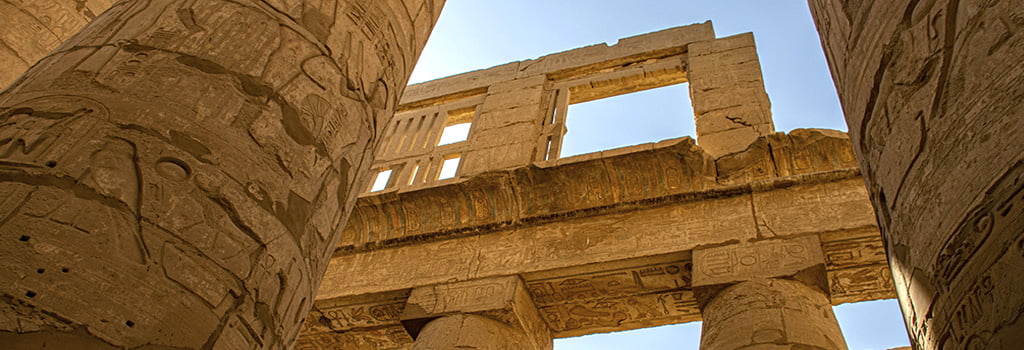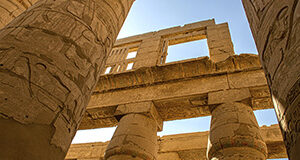Parshas Vayigash 1


״ויגש אליו יהודה…״ בראשית מד:יח“
And Yehudah drew close to him…” Bereishis 44:18
Why now, all of the sudden, did Yehudah charge forward? What sparked Yehuda into action at this particular junction? True, it was only now that the stage had been properly set for the ultimate showdown, but things had been spiraling out of control for a while, this was already the second journey down to Egypt for the sons of Yaakov. Shimon had previously been held captive while Yehuda stood by. What was different about this final attempt by Yosef to detain Binyamin for purportedly stealing the necromancers’ goblet?
The Beis Halevi points out that it does not appear that Yehudah was arguing with Yosef. He merely gives a short review of the events that had transpired since they first descended to Egypt. This is because Yehuda was befuddled by the entire story. When Yosef originally interrogated the brothers, they told him that they had come for food. Yosef replied by declaring that they were spies. When the brothers countered that they were innocent and divulged their personal backstory, Yosef responded that their answer further proved their guilt and now he was sure that they were indeed spies. Over the course of the entire interaction, the response never matched the question and all of Yosef’s claims seemed unfounded. Yehuda was surely confused, but as the Beis HaLevi explains, he attributed the communication breakdown to the translator that stood between them.
Yosef’s final ploy is what tipped Yehuda off. The Maharil Diskin explains the Medrash that relates part of Yehuda’s speech to Yosef. ״א׳ר סימון בנמוסות שלנו כתיב ׳אם אין לו ונמכר בגנבתו׳ וזה יש לו לשלם!״ “R’ Simon said that Yehuda told Yosef, ‘In our Accords it is written – ‘if someone who steals does not have with what to repay what he stole, he shall be sold for his iniquity,’ but Binyamin here has with what to repay you for your goblet, allow him to repay and be freed!” We need to understand why the Egyptian Viceroy would care about an edict from the Hebraic Accords. The Maharil answers that Yehuda was telling Yosef that the game was up. It was nonsensical for Yosef to enslave Binyamin. Who would take a robber as a slave; he would just steal from his master! Therefore, the Maharil explains that it is only if a person stole because he had nothing to eat – ״אם אין לו״ , and he was hungry, that he shall be sold. For his buyer will reason that if he has what to eat, he will not steal again. This is what Yehuda told Yosef. Binyamin has what to live on, yet you still accuse him of robbery. If so, why would you want him as a slave, for he will surely continue to steal from you. This is when it clicked for Yehuda that Yosef was leading them on. Now it all made sense and Yehuda stood up to challenge Yosef.
Many times, things may seem unclear or uncertain. Yehuda was perplexed by the entire series of events surrounding the brothers’ descent to Egypt and their austere altercations with the Viceroy. They couldn’t hold a consistent conversation and the accusations against them were unsubstantiated. But as always, at the end of the day it became apparent that Hashem had a plan all along. Part of our belief is to adhere to the words of the Torah even if our understanding is limited. Hashem has a plan for us, which may or may not become clear in the end. We can learn from Yehuda how to look to the Torah for clues and guidance in times of uncertainty; it doesn’t matter what may be swirling in the air around us, just keep calm and trust in Hashem.
Moshe Rothenberg / MMHK
